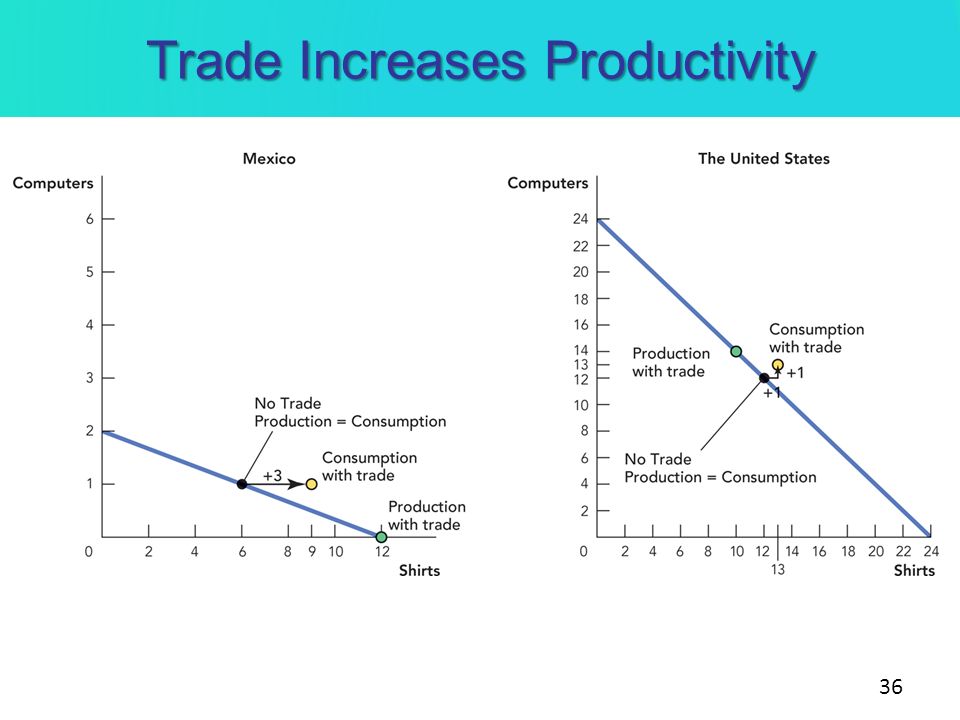if you remember the last econ textbook you were prescribed in a formal setting, i would/will be interested in hearing how cowen's compares
Economics with Mrs. Johnson was in another century.
Cowen and Tabarrok are, of course, the duo behind Marginal Revolution and both work at the free-market-oriented Mercatus Center. But the principles of Econ 101 are pretty settled and I haven't noticed any bias in the early chapters. On page 3 they write
- When markets don't properly align self-interest with the social interest, another important lesson of economics is that government can sometimes improve the situation by changing incentives with taxes, subsidies, or other regulations.
There's a colorful quote from Milton Friedman on page 11, then a quote from Paul Krugman (comparing the field of economics to the field of medicine) on page 12.
I was surprised to see them introduce comparative advantage early, in Chapter 2, before supply and demand in Chapter 3. They describe it as one of the few ideas in economics that is "true and not obvious" according to Paul Samuelson. Their presentation is clear, with a chart that clearly illustrates the bonus from trade.
But the example seems contrived and unrealistic, comparing $100 shirts and $300 computers. Those prices are not impossible, but so unusual they might as well be abstract widgets.
Looking for that Samuelson quote, I found another explanation that has no numbers or charts but is very clear.
A True but Nonobvious Proposition? Trade is about cooperation, not competition.
It mentions Krugman's classic article in which he defends comparative advantage as absolutely orthodox, "simple and compelling to those who understand it," but resisted or rejected by many intellectuals, either as an attempt to be fashionable, or due to ignorance of other basic economic ideas, or from an aversion to mathematical models.
It's an important idea to grasp then, so one may avoid saying things like people in Fiji should build cars.
